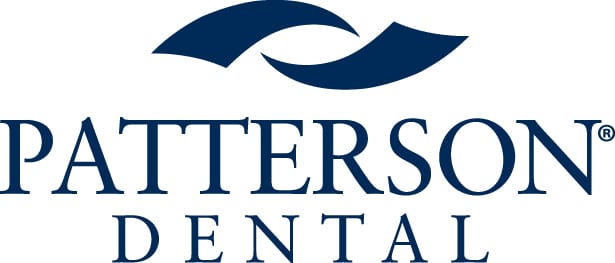By: Bruce Bryen
The young dentist has gotten the training and skill sets that he or she needs to acquire a dental practice.
How To Choose Which Type of Business Structure is Best for the Practice and the Dentist?
After what seemed like years at the associate level, the time has come for the ownership of a practice to be taken over by the former associate, now dental school graduate and associate dentist.
Hopefully, the dentist who is now going to become an owner has hired a dental CPA, an attorney, and if desired, a practice management advisor.
These people will give expert advice as to the characteristics of each type of business entity so that an informed choice can be made.
Opting for one type of business structure over another may affect the consequences of many years’ worth of business.
The dentist wants to have liability protection that comes with specific entities such as the LLC, S Corporation, C Corporation, and other hybrids as well as the benefits of the best possible tax savings approach to the dental practice for the dental practice and himself or herself.
It is important that those advisors who are chosen are oriented toward working with dental practices and not general CPAs, attorneys, or other advisors.
There are many financial advisors who are experienced with non-professional business as a whole but not with dental practices.
The dentist should be careful about his or her choices.
Types of Business Structures
There are many types of business entities and each may have implications for the dentist that are dissimilar to general business ventures.
The dentist who either just acquired or will be purchasing a dental practice needs to know that dental practices are quite different than businesses in general.
The main difference between the two becomes the importance of dental practice goodwill compared to general business goodwill.
A dental practice depends upon the goodwill of the professional dentist as well as the staff, location, and comfort of the office.
A business with an inventory brand may use those who are not highly educated in a formal manner to sell their products.
Customers are going to the store to buy the inventory no matter who is behind the counter selling the product.
The buyer of the product is not going to the store to see the professionalism of the staff or the owner or the beauty of the waiting room.
It’s the product that is being sought and its price compared to others in the same line of business.
Compare that to the dental office where the customer/patient is going to see a highly educated dentist or hygienist.
The dental office will surely have the dentist highlighted on the website or on the practice sign.
The type of entity should display the dentist in a prominent role.
The type of business entity may give the goodwill of the dentist a name in the structure so that a:
- Proprietorship
- LLC
- S Corporation
- C Corporation
…will be chosen as the entity of choice.
When eventually selling the dental practice compared to selling a general type of business with inventory, the allocation of goodwill for the dental practice maybe 75% or more of the total sale price.
The general business with inventory typically has inventory as its highest value of the sale price with goodwill being on the lower end of valuation.
Comparative Tax Effects for the Business and Owner of the Dental Office Compared to the General Business Sale
No matter what the tax rate for the segregation of goodwill and its allocation compared to the valuation for the inventory in the business, the goodwill has the type of value that would almost always have a capital gains tax rate compared to an ordinary income tax rate for those amounts with the market allocation of inventory.
The difference between goodwill at a 20% or 25% tax rate compared to an inventory valuation at a tax rate of up to 50% allows one to see the huge difference with what will be left in the owner’s pocket after tax.
For example, if the goodwill was $100,000 upon the sale, there would be a tax of somewhere between $20,000 and $ $25,000 so the owner would be left with up to $75,000.
If the same $100,000 was the inventory value upon the sale, the tax would be approximately $50,000.
As can be seen, the goodwill allows almost 50% more money to be left in the owner’s pockets.
What Happens as the Practice Grows?
As the practice expands and more hygienists, dental assistants, and possibly additional dentists are added to it, plans would have been made for each of these additions including the potential for partnership inclusions within the practice.
With good tax planning and good record keeping by the owner and the dental practice, as the practice grows, more and more of a profit will be available for distribution to the owner and the new partner, employee retirement plan contributions, and state-of-the-art equipment.
The Dental Practice and Owner of the Dental Practice
As the dental practice is growing and getting good advice from the dental CPA, attorney, and financial advisor, the owner of the organization who has done the work and spent the time and money investigating the top-of-the-line professionals to assist him or her, it’s only natural that the owner will prosper as well.
As the practice is expanding, the owner will enjoy the fruits of the dental practice and be available to grow his or her practice or to sell the practice and begin to work less or not at all because of the strong foundation he or she has laid with the dental practice.
Up Next: The Hidden Cost to Acquire a Dental Practice
Photo by Karolina Grabowska


